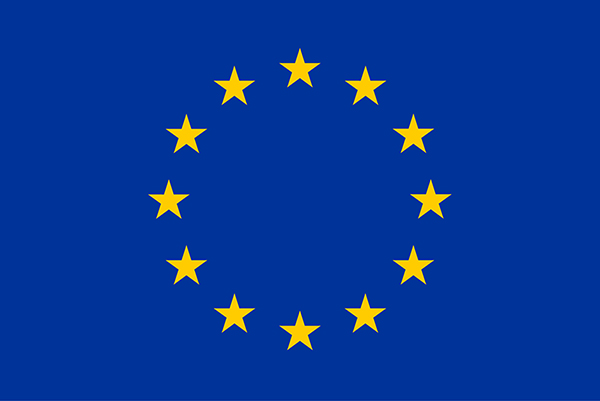Motivation
Although waste generated by food services amounts to a relatively small fraction of the total food thrown (3-4% of the waste generated along the food chain, according to some studies), it is also one the most costly waste, since it happens at the very end of the food chain. Together with the food in a prepared dish thrown away, in fact, we also waste all the labor, resources, and energy used for its preparation.
University canteens, of all different types of collective food-services represent an interesting and challenging use case. Food waste in university canteens originates from a complex interaction of several factors, among which we mention:
- The food offering (that is, the necessity of providing different choices),
- The speed at which service has to occur (that is, the necessity of preparing large quantities of food in advance to minimize waiting time and reduce the duration of the lunch-break)
- Customers choices (which affect the previous two points) and customers behaviors, determining, for instance the quantity of free-served food put in the plate (e.g., bread, salad).
Conscious of its social and environmental impact, Risto3, the project partner managin food services at the University, has been running a very successful food collection program in collaboration with Banco Alimentare del Trentino Alto/Adige, the local food bank.
The food donation program is based on BringTheFood, a web application developed by the third project partner, Shair.Tech.
According to the program, data about menu being served on each specific day is loaded on the platform on a regular basis; every day, at the end of the service, canteen personnel introduces data about the leftovers dishes that can be donated to the food bank.
The information collected by RISTO3 with BringTheFood, detailed at the level of the individual menu item being donated has allowed the local food bank to improve its Siticibo food-collection program and the donor to improve its data set about generated surplus food. The program has been running in all the canteens managed by RISTO3, yielding slightly less than 16 tons of food in six years of operations.
The information has been used also to report on the the social impact of the cooperative and to drive choices in the preparation of menus. The information about food donated alone, however, is not sufficient to infer the wider dataset which is needed to more systematically reduce the food waste generated in canteens.
FOOD-RULES
FOOD-RULES has the broad goal of reducing food waste in university canteens run by Risto3. More specifically we intend to:
- Extend current data collection practices, introducing more systematic collection about the waste generated (in plate, in the kitchen), data about attendance over time and individual choices. This will be achieved by extending BringTheFood and integrating new data collection practices in RISTO3 canteens.
- Provide adequate dashboards to help RISTO3 personnel drill on the data and perform informed choices on the definition of menus and of the preparation processes. This will be based on the integration of BringTheFood with other data analysis systems.
- Perform cross-correlation analyses on the collected data, in order to highlight the most impacting factors in determining waste generated in the canteens of the University of Trento.
- Use the data collected in order to highlight the items most wasted and devise and experiment practices to reduce the waste generated. (WEAK: GENERIC)
The project foresees the involvement of a team of university students, through the involvement of Unitn and HIT. More specifically, the students will participate to hackathons targeting different goals and cross-cutting competences. The hackathons, aided by domain experts, might have as focus running data analyses, brainstorming changes and improvements to the current menu offering and food delivery; devising information and communication campaign to raise awareness in peers. The most interesting ideas might be considered for implementation in the project or further (and longer-term) incubation with support by HIT. The most impacting result we expect by hackathons in the project is related to the awareness raising effect they will have on the students’ population.
